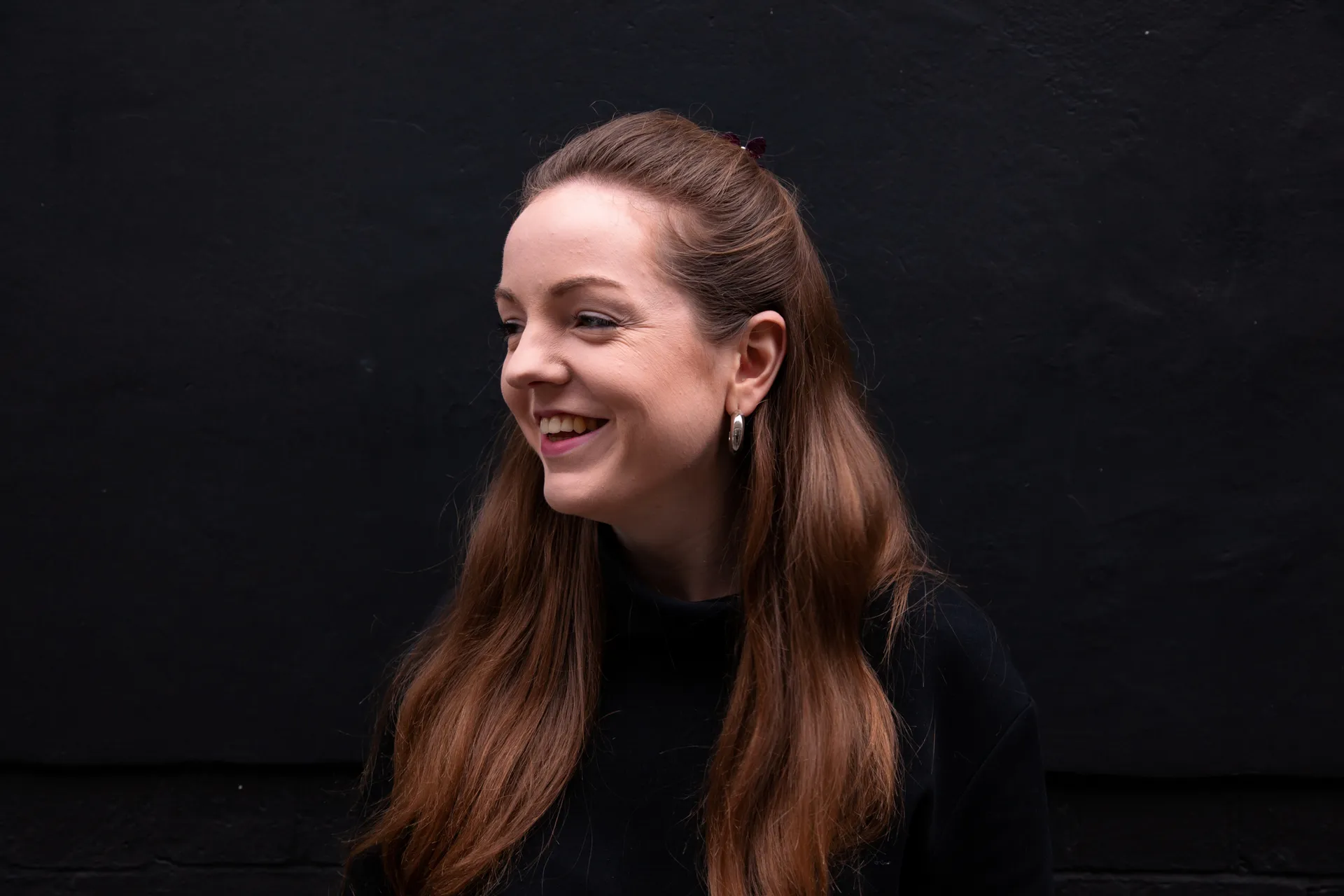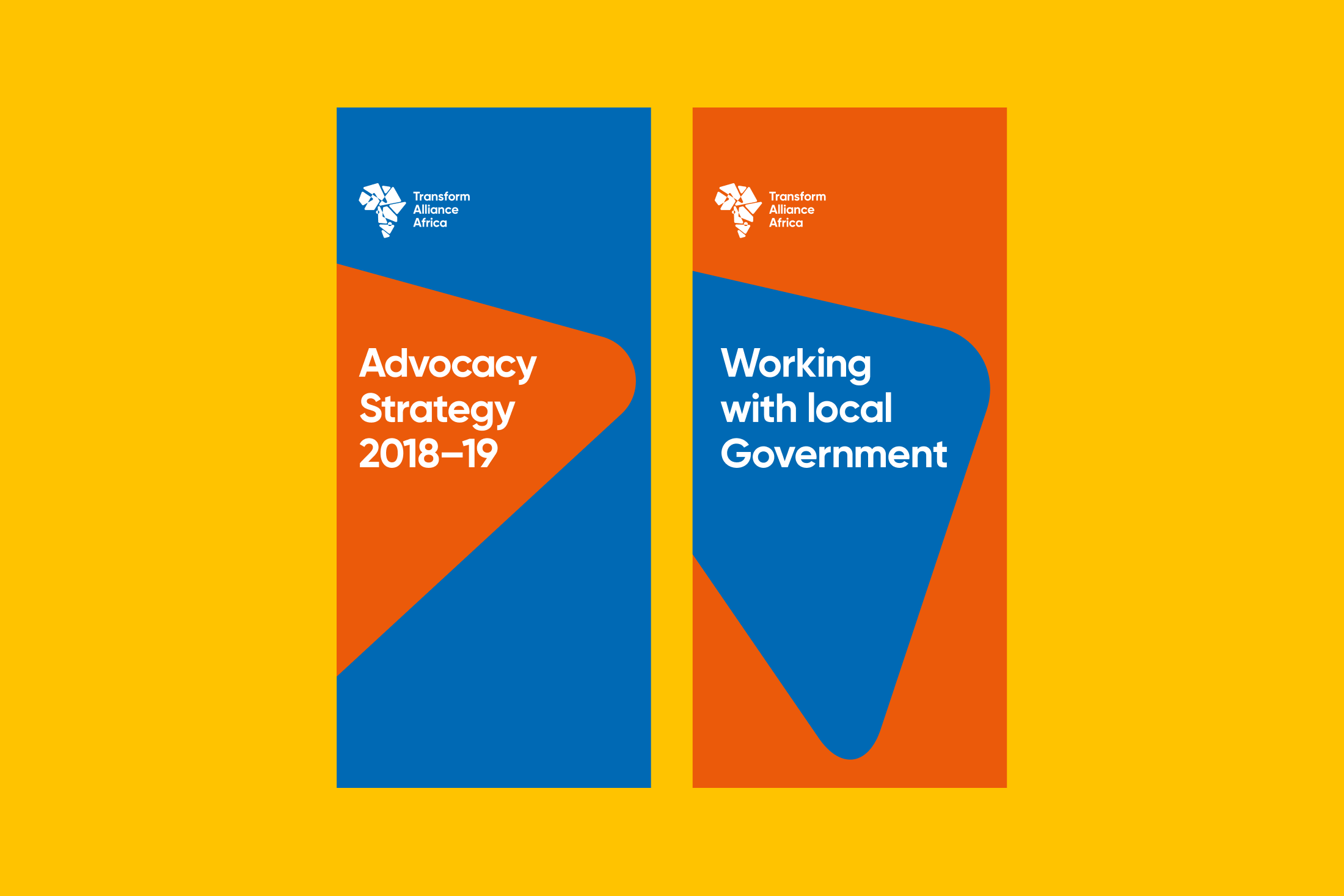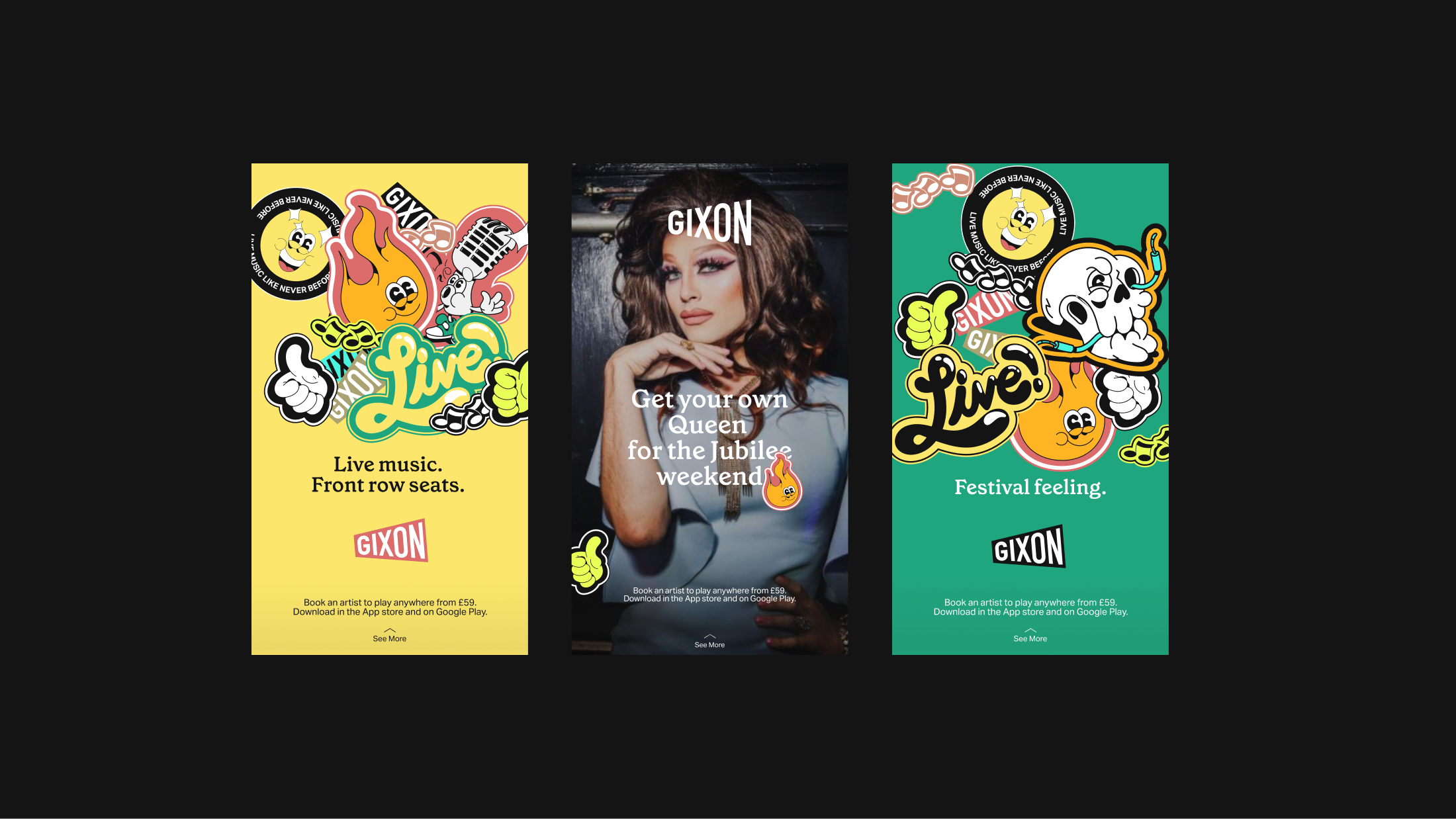Reflecting the journey with Isobel, Proxy's new partner
For the first time since 2013, Proxy has a new Partner. Instrumental in every project and known to all of our brands, we had a chat, reflecting her journey to leading the studio.

You joined Proxy six years ago. What led you to apply for a job here?
When I joined Proxy in 2016, I was 23. I’d been working in a bar where my main job was to collect empty glasses. On one occasion when I’d been left to serve customers, I spent a while looking for the bottle of red one had asked for before he pointed out, somewhat incredulously, that I should be checking the shelves — red wine was never stored in a fridge. That is to say I knew very little about anything. I had certainly never heard of Venture Capital before, and didn't have any idea about branding and design either.
I applied to be Office Manger at Proxy mainly because the hours were Monday - Friday, and I'd always had to work weekends before. The interview process was refreshingly simple, unlike others I’d had for entry level roles. Proxy's team didn’t make me answer a personality quiz and there were none of those cheesy questions like 'how would your friends describe you?' It was enough that I wasn’t precious about being asked to do basic stuff like turn the dishwasher on or empty the drip tray of the coffee machine. And I wasn’t — I didn’t mind at all, I was just pleased to have Saturday and Sunday off every week!
Any memories from the first days?
Initially, my job was to ‘keep things running smoothly’. This meant making cups of tea and coffee for anyone who arrived for meetings, ensuring the minibar was always topped up with sparkling water, and managing the calendars for the rest of the team. Since I had an English degree, I also did a bit of proofreading and polishing up of our presentations. I was also taking notes during calls and meetings.
Not quite the glamorous design agency job many of the applicants for the role may have envisioned, and yet you somehow seemed to thrive in it. How did that work?
Joining a workplace at the bottom in many ways puts you at a fantastic advantage. You’re judged only on your attitude and ability to perform simple tasks, meaning you can learn about everything else in near total anonymity with no pressure at all. I rarely spoke to the clients I joined calls with, but I was given the opportunity to sit and listen and, importantly, to learn. Through all the reading and listening I did, I learned about investing and the challenges startups faced. I learned about brand positioning and story telling. I gained niche knowledge on the variety of industries our clients occupy. I was given so many opportunities and had some experiences I'd never have had without the job — towards the end of my first year at Proxy I travelled to Rwanda and Uganda with our team where we attended the launch of a brand we had created for an amazing charity based there.

How has your job changed since you started?
What has always been one of my favourite things about my job is the variety it involves. Our diverse client list means we never work the same month twice, and are always able to learn about new industries, communities and products, from smart and interesting people often at the top of their game. In a world that has a near constant bad news cycle, it would be natural to think we’re all doomed. But working every day with startups and other companies that are innovating and improving ways of living, it’s easy to be hopeful and excited for the future.
The longer I've been at Proxy, the more responsibilities I've taken on. For the benefit of my family and friends, who still aren’t sure what I actually do: I now manage our finances and put together quotes for clients. I oversee all our work and plan how we spend our time. I contribute to the strategy phases of our projects. Since we’re a small team (only 6 full time staff in total), being flexible is a must and we all have broader job descriptions than you might find at other studios.

You also have a creative side to you, which many people don't know about.
I did an undergraduate degree in English and Creative Writing at Royal Holloway after I left school. Reading and writing have always been my passions but the first thing everyone on our course learned from the lecturer there was that we'd all have to get 'proper jobs' — it was very difficult to make it full time as a writer. One of our poetry lecturers suggested to us that we'd all be well suited to work in advertising, where the same care over word choice we used for our poems could be transferred to create copy where every word counts. Writing is mainly a hobby for me now but I occasionally do a bit of copywriting for our clients, and longterm it's something I'd love to do more of, maybe even expanding our team so we have more capacity to create great content as well as great brands.

Looking back at when you started six years ago, our daily operation is almost unrecognisable. Is there anything that stands out from that period of time?
In the (almost) six years since I’ve worked here, we’ve radically changed our working style, downsizing to a smaller office and letting the team work from wherever in the world they want. We’ve cut our working week down from 5 days to 4. And rather than compromising our standard, client satisfaction, or profits, all of those things have actually increased as a result.
For me, what we’re doing is more important than design. We’re creating a working culture that our whole team feels happy to be a part of, and showing what you can achieve when you prioritise playfulness, creativity and autonomy in the workplace.
We were so happy that you accepted to become a Partner. Do you want to share some of your thoughts on the studio culture we will be nurturing together?
It has been such an honour to be asked to be a Partner! I am hugely grateful to you and Miia, who took a chance on me back when I knew nothing at all, and have continued to show faith in my ability to learn ever since.
I remember the first time I saw something go wrong at Proxy. It was so long ago that I don’t recall the mistake itself, but how it was handled stuck with me. You said simply, ‘Ok, so what do we learn from this? Next time, we do this differently…’ It wasn’t a rhetorical or patronising question, it was a genuine moment of reflection which was then moved on from.
This practical, generous and open culture is something that is deeply embedded in our company now. We’re not afraid of things going wrong, and are always trying out new ways of working to see if we can improve. I hope that's something we'll always have at our company's core going forwards, and I'm excited to see where we can grow from here.